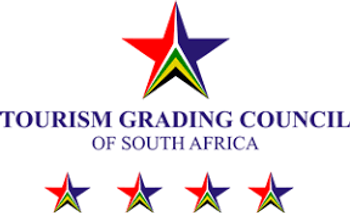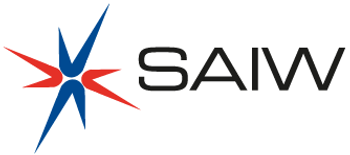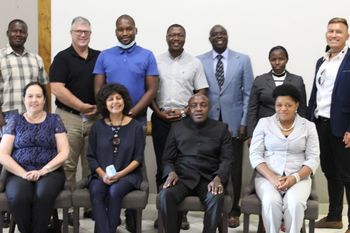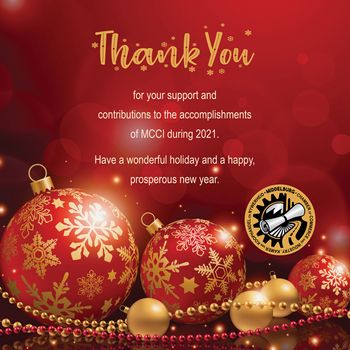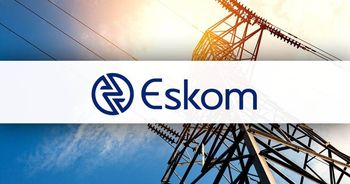STRIKES CAN BE RENDERED UNNECESSARY
Strikes in South Africa are as ‘natural’ as warm weather, says Ivan Israelstam, Labour Law Management Consulting CEO. On the other hand, strikes have become rarer in recent years, as unions shy away from weakening the employer and the associated dismissals.
For decades we have been trapped in a fatal vicious circle. In other words, workers do not earn enough to feed their families, and they go on strike to demand a wage increase and better working conditions. If the strike lasts long enough, the company gives in and a wage increase well above what was budgeted. This reduces profits and, in rare cases, leads to financial losses. The company then compensates by making job cuts to reduce wage expenses. As a result of the job losses, the purchasing power of the public falls, and companies suffer losses. Companies then cut costs by reducing wage increases or spending on working conditions. Workers retaliate with strikes, and the vicious circle continues.
This increasingly deadly cycle is deadlier than Covid, more toxic than state capture and more devastating than power cuts. We have now been living under the new political order for 27 years, and there is no sign of anyone in positions of power making any real effort to stop the vicious cycle, the toxic industrial relations and the cancerous damage to our economy.
For their own sake and the development of the South African people, the so-called government leaders in business and the unions must take the blinkers of their eyes and stop this deadly spiral. If these so-called leaders refuse to take up their responsibilities, civil society must intervene.
The new labour-economic system must eliminate the opposing ideologies of socialism and capitalism. The doctrines of socialism that seek the nationalisation of enterprises and strangle the economy must be abandoned in favour of the unmistakably positive socialist principle of fairness for all. Similarly, the exploitative principles of capitalism must be replaced with truly inclusive free-market ideals.
This approach mixes the benefits of the free market (the ability to make money) with the benefits of socialism (i.e. fairness for all). By combining the positive aspects of socialism and capitalism, the struggle between the two ideologies is settled, and a new, everyday philosophy, shareism, emerges. Entrepreneurs and workers will no longer compete for money because they will work together to create and share it. For more debates on labour rights issues, see www.labourlawadvice.co.za.
